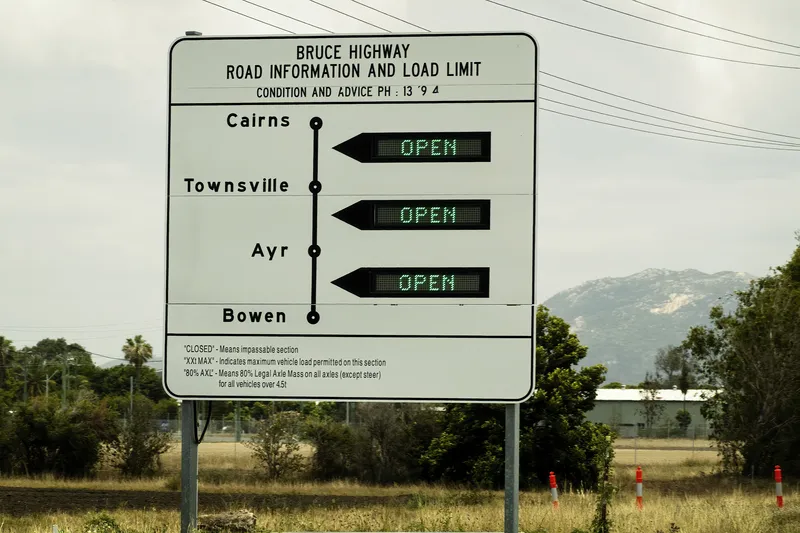
The government of Queensland, Australia, expects a cooperative ITS (C-ITS) upgrade of one of its major roads to reduce crashes by 20%.
The work on Bruce Highway, jointly funded by the Australian and Queensland governments, expands on an Ipswich pilot between September 2021 and 2022.
The systems consist of 29 signalised intersections using roadside intelligent transport systems stations and a central facility to test six safety use cases.
"This project gives regional road users the chance to explore the C-ITS service along the highway before it becomes commercially available in vehicles, which we are expecting on Australian roads in 2024-25," said Mark Bailey, minister for transport and main roads of Queensland.
"My department is focused on unlocking the crash reduction benefits of C-ITS. This system is expected to reduce crashes by 20%, contributing towards the Queensland Government's vision of zero road deaths and serious injuries, and save around $2 billion over the next 30 years.”
Since the Ipswich pilot's conclusion, Kapsch TrafficCom has supplied and remotely commissioned an additional 37 of its roadside units (RSUs) along the Bruce Highway, covering over 1,500km along the north-east coast of Australia between Brisbane and Cairns.
Kapsch's RSUs are at traffic lights where the Bruce Highway passes through townships. The RSUs broadcast signal status and timing to connected road users, providing them with warnings of red lights and pedestrians at crossings.
"As traffic volumes increase, connected vehicle technology will play a major role in improving safety and efficiency of the transport network," says Matthew McLeish, EVP for the APAC region at Kapsch TrafficCom.
“The project implementation and pilot execution have created a blueprint for C-ITS projects in Australia and internationally."








